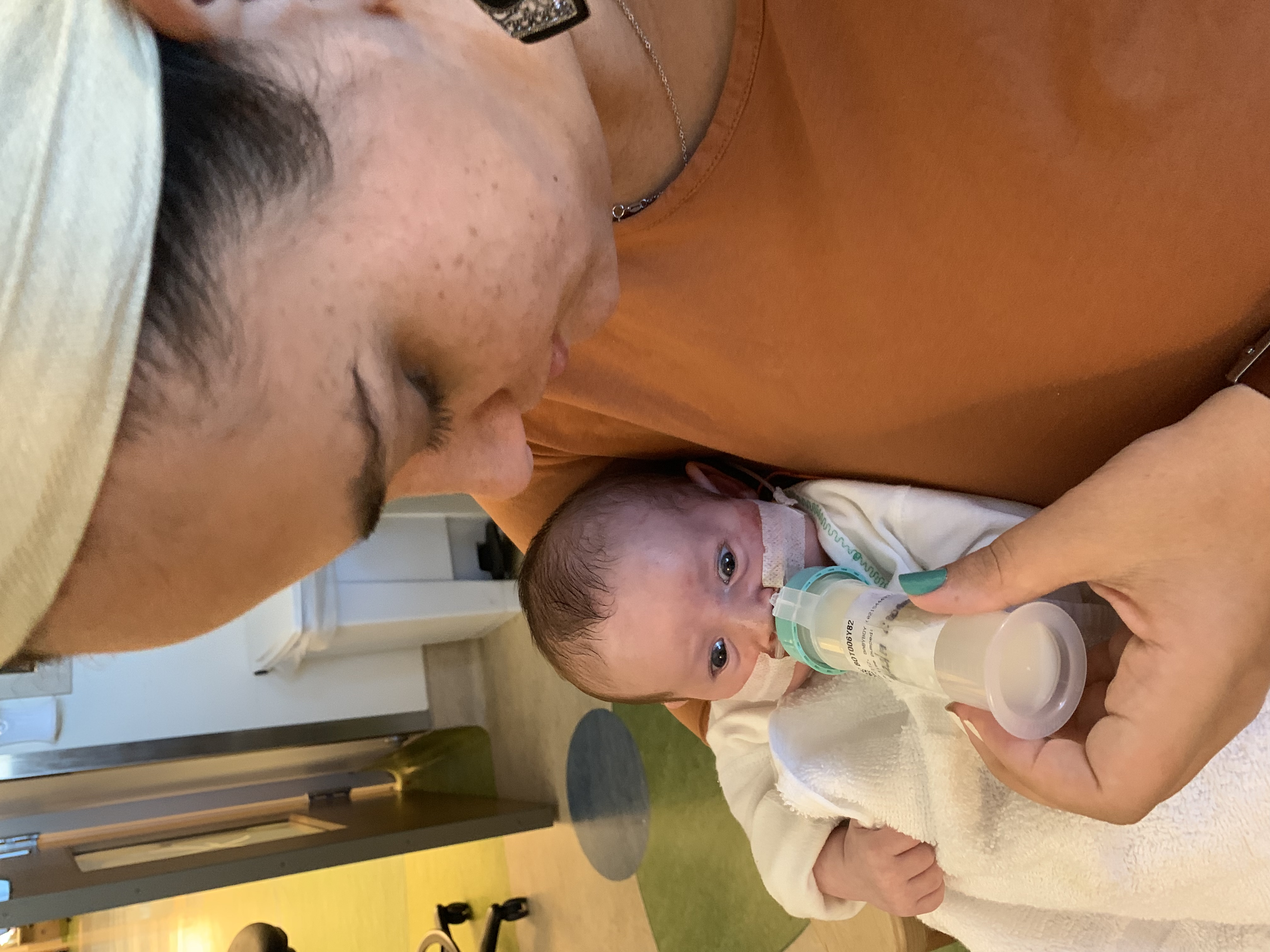Phase I Complete: Chazak, Chazak, VeNitchazeik
- Hinda Eisen Labovitz

- Jan 12, 2020
- 3 min read
In the last eleven weeks, I’ve read every verse of Torah.
As you may know, I’m engaged in an effort to study the entire Tanakh in memory of my son, Ronen Eliezer, who died in the last hours before Rosh Ha-Shanah, 105 days ago. I started after Simchat Torah, and I plan to complete a reading of all 929 chapters of the Bible in honor of his yahrzeit, the first anniversary of his death, next erev Rosh Ha-Shanah / 29 Elul, which will be September 18, 2020.
Some take-aways as I finish Phase 1 of my learning:
The Torah is a beautifully-composed piece of literature. I haven’t ever really thought about Torah as a work of literature before, but as I read it verse by verse in its prose, I was struck by the carefully-crafted language it keeps repeating, the life it reflects, the incredible revolutionary approach it takes to structuring a society. Its stories not only have what to teach us, they have integrity, honesty, and poetry.
...But it isn’t easy to read. Theologies presented in the Torah sometimes made me uneasy and periodically angry. Stories about God as the Creator and Master Programmer of the World spoke deeply to my relationship with God. Moments where God is represented as vengeful, especially where God is represented as sadistic, made me bristle. It was hard for me to digest that God is represented as loving and kind, that one of God’s rewards for living good lives in the way God asks us to is that mothers will no longer be bereaved of children. Did I miss the mark in some way? So, instead I think,
God of the Torah is an earlier version of the God I believe in. I have to believe that God evolves. It’s not that the God of the Bible is not my God, just that both God and humanity have learned to be in partnership differently since the Bible was written. Not that the above doesn’t still hurt.
Turn it over, turn it over, for everything is contained within it. I’m so grateful to have taken this opportunity to read Torah over again in a different way. I found that while struggling with the text, I also found myself represented in the text in ways I never noticed before. I found connections between parts of the text I’d never noticed before. At times, I felt like Ronen’s memory was speaking to me through the text, and I felt comforted in my grief in reading about moments of other bereaved parents in the text. (Stay tuned, I’ll have much more to say on this in the coming months.)
As I move onto the books of the Nevi’im/Prophets, I say to myself the traditional words we say when we conclude a book of Torah read publicly: chazak, chazak, venitchazeik / or, in the feminine, chizki, chizki — “Be strong, be strong, and we will be strengthened.” I ask for the strength to continue my work, to continue to be strong in this world as I adapt to my new identity and learn to integrate the memory of my son into my being. I summon my own strength to move forward in whatever ways are possible.
Perhaps most important to this process has been the beautiful learning I have done with some amazing colleagues and friends: Hazzan David Lipp, Leah Miller, Rabbi Ilan Glazer, Zahava Grunwald-Lew, Danny Lew, Jessica Silverberg, Steven Silverberg, Rabbi Marc D Israel, Rabbi Stephanie Sanger-Miller, Marcela Kogan, Hazzan Shoshi Levin Goldberg, Natalie Graham, Rabbi/Hazzan Jeffrey Myers, Judith Greenblatt, Barbara Libbin, Sarah Feldman Horowitz. I am grateful for your guidance, your insight, and your delicate pastoral questions. Thank you also to all the others who have taught me and given me additional insights as I’ve posed queries through social media.
I am so looking forward to the learning that is to come. Nevi’im will take me through mid-May, and I’ll have another update then. In the meantime, as I pose questions and share learning on this platform, please do join in. Come find me to share your own learning in whatever books or chapters you find yourself. Torah is best retained if it is shared.






Comments